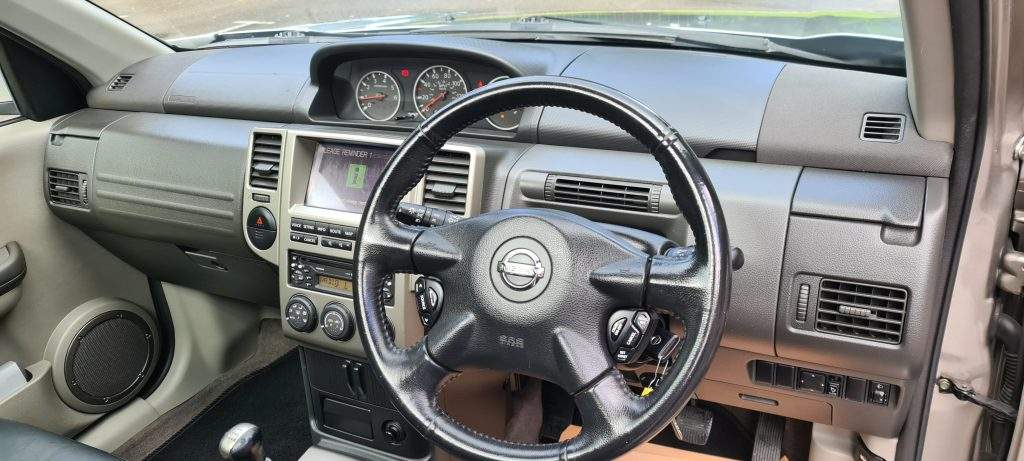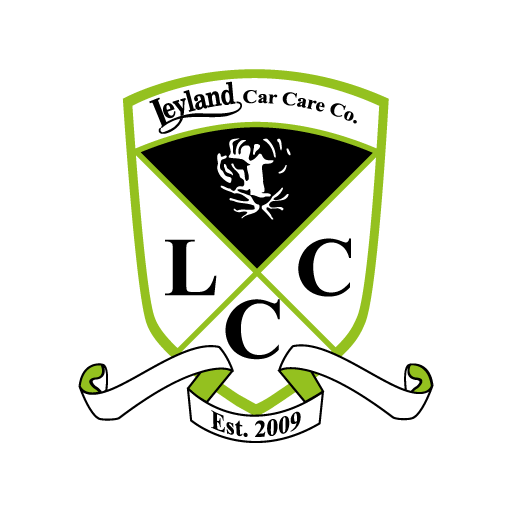More Than Just a Clean Car: Why Regular Valeting is Essential for Leyland and Bamber Bridge Drivers

The most immediate and tangible argument for regular valeting is the **preservation of the vehicle’s exterior and its financial value**. Leyland, with its rich automotive heritage and ongoing industrial activity, and Bamber Bridge, with its mix of urban and semi-rural routes, present a specific cocktail of hazards. Industrial fallout, including acidic pollutants and metallic particles from local manufacturing, constantly settles on paintwork. If left untreated, this contamination can etch into the clear coat and underlying paint, causing permanent dullness and imperfections. Furthermore, the UK’s unpredictable weather is a constant threat. Bird droppings, which are highly acidic, can burn through a paintwork’s protective layer in a matter of hours if not removed promptly. Tree sap from the many beautiful trees lining the streets of Bamber Bridge is equally damaging, hardening into a stubborn, corrosive layer.
A regular valet provides a robust defence against these elements. A professional service doesn’t just wash; it decontaminates. Treatments like tar and iron fallout removers lift these corrosive particles from the paint before they can cause harm. Crucially, a quality valet concludes with the application of a protective layer, such as a high-quality wax, sealant, or ceramic coating. This acts as a sacrificial barrier, taking the brunt of the environmental damage and making subsequent cleaning easier and safer. This diligent care directly translates to retained resale value. A car with faded, scratched, and swirled paintwork will be categorised as “poor” by any potential buyer or dealership, drastically reducing its market price. Conversely, a vehicle with a gleaming, well-protected exterior and a meticulously maintained interior signals a responsible owner and commands a significantly higher price, often far outweighing the cumulative cost of its valeting over the years.
Beyond finances, regular valeting is a critical contributor to **driver and passenger safety**. This is an aspect often overlooked by those who view car cleaning as purely cosmetic. A vehicle’s exterior is integral to visibility, which is paramount on busy, often rain-slicked roads like those around the Walton-le-Dale interchange. A valet ensures windows and mirrors are not just clean, but are stripped of the thin film of grime, oils, and water spots that can cause severe glare during low sun or night driving. This is especially crucial during the winter months when sun angles are low. Furthermore, clean, properly treated glass allows windshield wipers to function effectively without juddering or smearing, ensuring maximum clarity during heavy rain.
The interior’s role in safety is even more profound. Clutter—such as old coffee cups, water bottles rolling underfoot, or loose items in the footwell—can become dangerous projectiles during sudden braking or, worse, can jam under pedals, preventing braking or acceleration. A regular valeting habit ensures the cabin is free of such hazards. Perhaps most importantly, a deep clean of the interior windows removes a hidden danger: the invisible layer of off-gassed plastics, dust, and aerosols that builds up on the inside of the windshield. This film can create a hazy, diffused glare when hit by sunlight or oncoming headlights, severely impairing a driver’s vision. A professional valet eliminates this risky build-up, ensuring crystal-clear visibility from within the cabin.
Closely linked to safety is the significant **health benefit** of a regularly valeted car. The interior of a vehicle is a confined space where passengers are in intimate contact with various surfaces. Over time, it becomes a breeding ground for unseen allergens and bacteria. Dust mites, pollen, and mould spores are drawn in through vents and settle deep into the fabric of seats and carpets. For sufferers of asthma or hay fever, especially children on the school run, a dirty car can exacerbate symptoms, making journeys uncomfortable and unhealthy.
Professional valeters use powerful extraction machines that do what a household vacuum cleaner cannot. They blast pressurised water and cleaning agents deep into the upholstery fibres and then use powerful suction to lift out not just dirt, but the allergens, bacteria, and moisture trapped within. This process dramatically improves air quality within the cabin. Additionally, valeters sanitise all high-contact surfaces—the steering wheel, gear knob, touchscreens, and door handles—which are, as studies have shown, often harbouring more bacteria than a toilet seat. In a post-pandemic world, this deep cleaning and sanitisation offer peace of mind, protecting you and your family from common germs and contributing to overall wellbeing.
For the communities of Leyland and Bamber Bridge, a car can also be a **tool of business and a reflection of personal pride**. For tradespeople, taxi drivers, or sales representatives, their vehicle is a mobile advertisement. A clean, well-presented van or car projects an image of professionalism, attention to detail, and pride in one’s work. It suggests to potential clients that the same care and professionalism will be applied to the job at hand. A dirty, poorly maintained vehicle, conversely, can instantly undermine credibility and lose business before a word is even spoken.
On a personal level, the psychological impact of a clean car should not be underestimated. The “pride of ownership” is a real phenomenon. Stepping into a fresh, hygienic, and orderly space sets a positive tone for the day. It reduces stress and makes every journey, whether a tedious commute or a pleasant weekend drive, a more enjoyable experience. It fosters a sense of respect for the vehicle, encouraging more careful driving and further maintenance. In a world where we have little control over traffic jams or the weather, the clean and organised environment of our own car is a small sanctuary we can cultivate.
Finally, regular valeting is an act of **practical and environmental responsibility**. Leyland and Bamber Bridge drivers are increasingly conscious of their environmental impact. Washing a car at home typically wastes a tremendous amount of water and allows soaps, oils, and chemical residues to flow directly into storm drains, eventually polluting local waterways. Professional valeting centres, however, are often required to use water reclamation systems that recycle water and contain harmful runoff, treating it before it enters the ecosystem. Therefore, using a professional service is often the more environmentally responsible choice.
In conclusion, for the drivers of Leyland and Bamber Bridge, regular car valeting is an indispensable practice that delivers a compelling return on investment far beyond a shiny exterior. It is a strategic financial decision that protects a major asset from the region’s industrial and environmental hazards. It is a critical safety measure, ensuring optimal visibility and a hazard-free cabin. It is a health necessity, purging the interior of harmful allergens and bacteria. And ultimately, it is a statement of professional pride and personal well-being, transforming a daily utility into a source of pleasure and pride. In the challenging Lancashire environment, a regular valet is not an occasional luxury; it is an essential part of responsible vehicle ownership.
